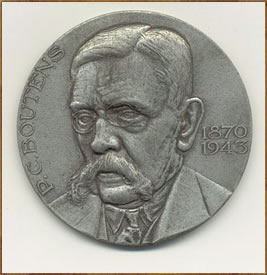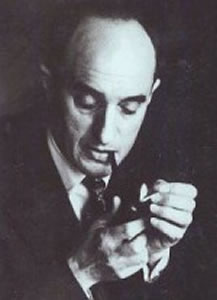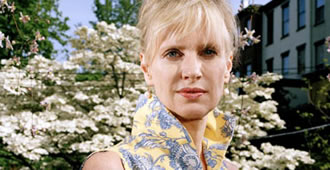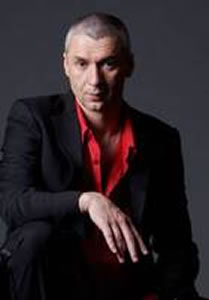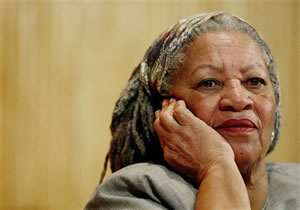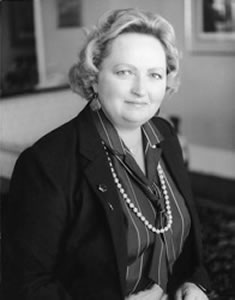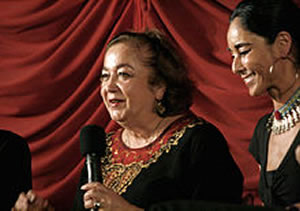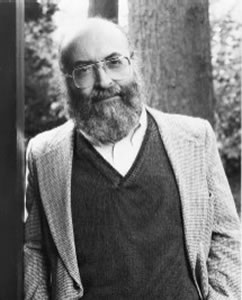De Chinees-Amerikaanse schrijver Ha Jin werd geboren op 21 februari 1956 in Jinzhou, China. Zie ook mijn blog van 21 februari 2009 en ook mijn blog van 21 februari 2010.
Uit: A Good Fall
„The Bane of the Internet
My sister Yuchin and I used to write each other letters. It took more than ten days for the mail to reach Sichuan, and usually I wrote her once a month. After Yuchin married, she was often in trouble, but I no longer thought about her every day. Five years ago her marriage began falling apart. Her husband started an affair with his female boss and sometimes came home reeling drunk. One night he beat and kicked Yuchin so hard she miscarried. At my suggestion, she filed for divorce. Afterward she lived alone and seemed content. I urged her to find another man, because she was only twenty-six, but she said she was done with men for this life. Capable and with a degree in graphic design, she has been doing well and even bought her own apartment four years ago. I sent her two thousand dollars to help her with the down payment.
Last fall she began e-mailing me. At first it was exciting to chat with her every night. We stopped writing letters. I even stopped writing to my parents, because she lives near them and can report to them. Recently she said she wanted to buy a car. I had misgivings about that, though she had already paid off her mortgage. Our hometown is small. You can cross by bicycle in half an hour; a car was not a necessity for her. It’s too expensive to keep an automobile there—the gas, the insurance, the registration, the maintenance, the toll fees cost a fortune. I told her I didn’t have a car even though I had to commute to work from Brooklyn to Flushing. But she got it into her head that she must have a car because most of her friends had cars. She wrote: “I want to let that man see how well I’m doing.” She was referring to her ex-husband. I urged her to wipe him out of her mind as if he had never existed. Indifference is the strongest contempt. For a few weeks she didn’t raise the topic again.
Then she told me that she had just passed the road test, bribing the officer with five hundred yuan in addition to the three thousand paid as the application and test fees. She e-mailed: “Sister, I must have a car. Yesterday Minmin, our little niece, came to town driving a brand-new Volkswagen. At the sight of that gorgeous machine, I felt as if a dozen awls were stabbing my heart. Everybody is doing better than me, and I don’t want to live anymore!”
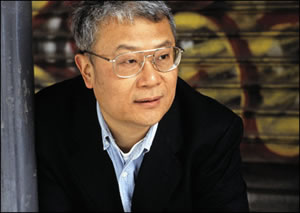
Ha Jin (Jinzhou, 21 februari 1956)

